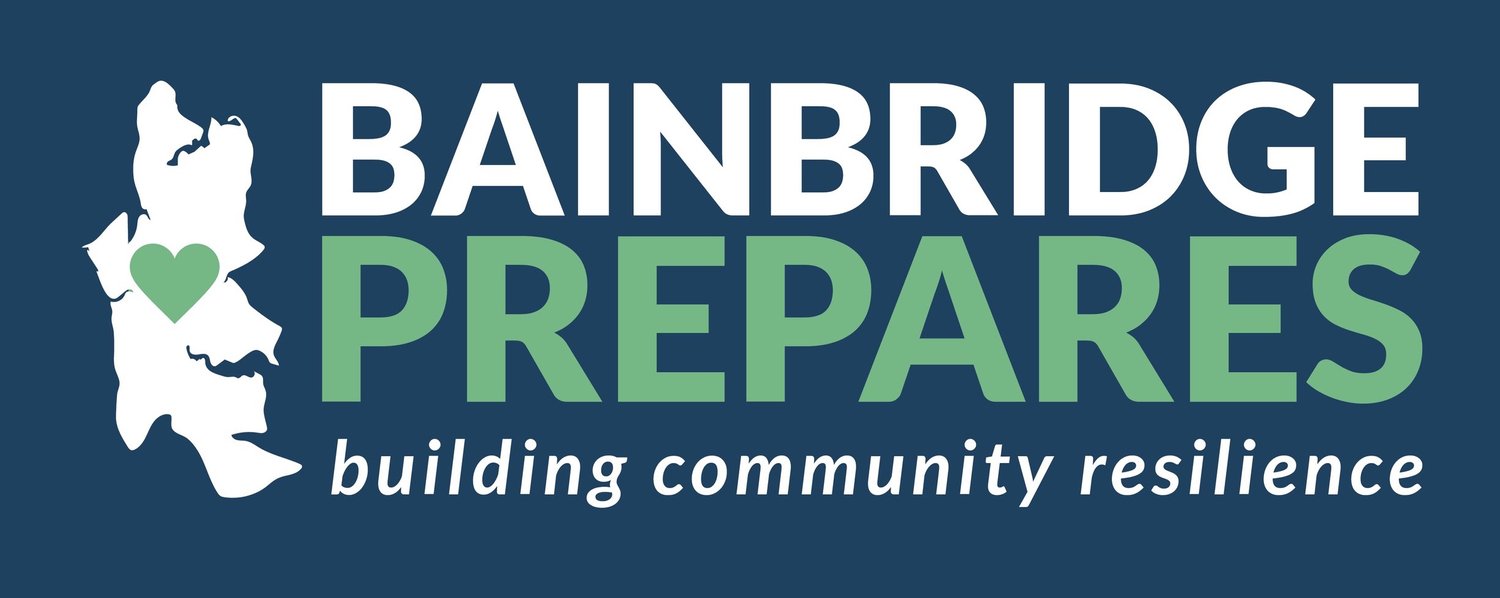Supporting Kids Emotionally During COVID-19
 The National Child Traumatic Stress Network recently released a Parent/Caregiver Guide to Helping Families Cope with the Coronavirus Disease 2019 (COVID-19). The guide offers a comprehensive set of guidelines covering hygiene, medical care, information sources, and supplies. But perhaps the most unique aspects of the report are the self-care and coping strategies.The Guide recommends that you
The National Child Traumatic Stress Network recently released a Parent/Caregiver Guide to Helping Families Cope with the Coronavirus Disease 2019 (COVID-19). The guide offers a comprehensive set of guidelines covering hygiene, medical care, information sources, and supplies. But perhaps the most unique aspects of the report are the self-care and coping strategies.The Guide recommends that you
- update your daily activities to "meet the current reality of the situation," focusing on what can realistically be accomplished and what gives "meaning, purpose, or fulfillment."
- take small breaks from the stress of the crisis.
- replace self-defeating thoughts with positive thinking. Self-defeating thoughts include all-or-nothing thinking, should statements, personalization and blame, and others.
- be a role model for your kids, showing them healthy ways to manage stress.
- find ways to honor the lives of people who die from the disease.
The Guide also includes a chart showing the typical emotional reactions to crisis for three age groups—preschool, 6-12, and 13-18—and suggests ways to help kids in each group. For example, it's common for teens to have concerns about stigma and social injustice. The Guide recommends that you discuss with your teen the injustices that might occur during an outbreak. And preschoolers might have bad dreams or fear being alone. The Guide recommends that you limit their media exposure.At the end you will find a short list of resources to help with mental health crises. Read the whole Guide here.Featured image "2017 Think Outside Photo Contest Entry from Belle Isle Lake State Park." by vastateparksstaff.
